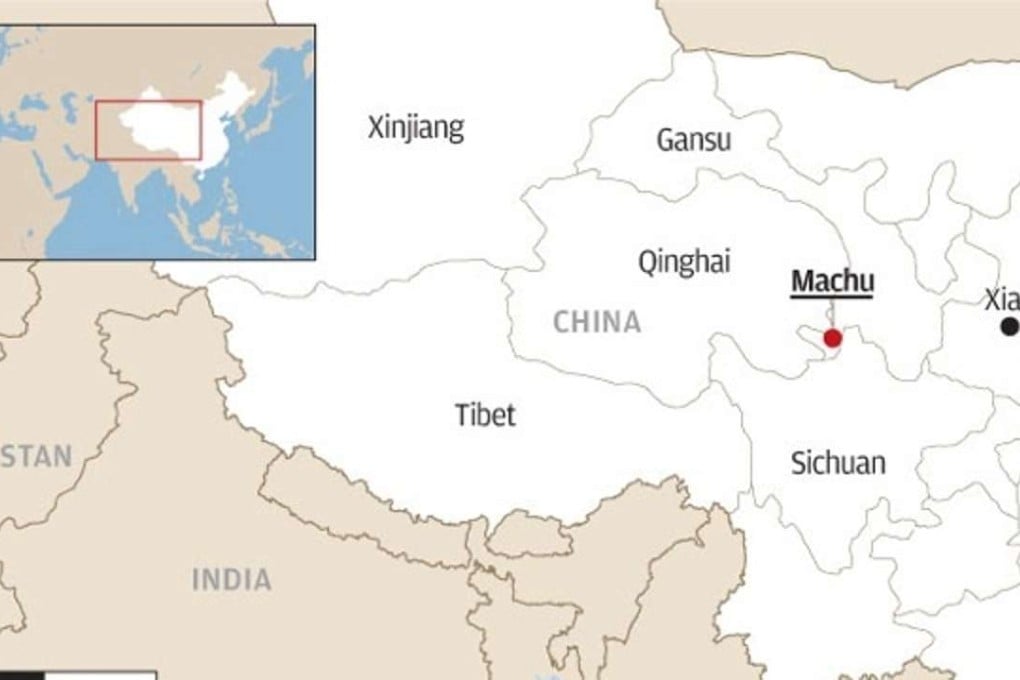Reports: Tibetan sets himself on fire in western China
Self-immolation appears to be in protest against Beijing rule, say reports

A Tibetan man has set himself on fire in western China in what appears to be the latest such radical protest against Beijing’s rule, a US government-backed radio station and a rights monitoring group report.
The unidentified man set himself alight on a road outside the town of Machu in a traditionally Tibetan area of Gansu province at around 7pm on Thursday, Radio Free Asia and London-based Free Tibet reported.
Police arrived shortly after and took the man away and there was no immediate word on his condition, the reports said.
A man who answered the phone at a regional police station hung up immediately after the caller asked for information. Calls to other government offices rang unanswered.
While information from the isolated area is incomplete, the incident is believed to bring to at least 146 the number of Tibetans who have self-immolated in recent years, about 125 of whom have died, according to monitoring groups.
Eyewitnesses have been quoted as saying that many of those who self-immolated cried out for Tibetan independence or prayed for the return of the Dalai Lama. Tibet’s Buddhist leader fled Tibet in 1959 amid an abortive uprising against government forces.